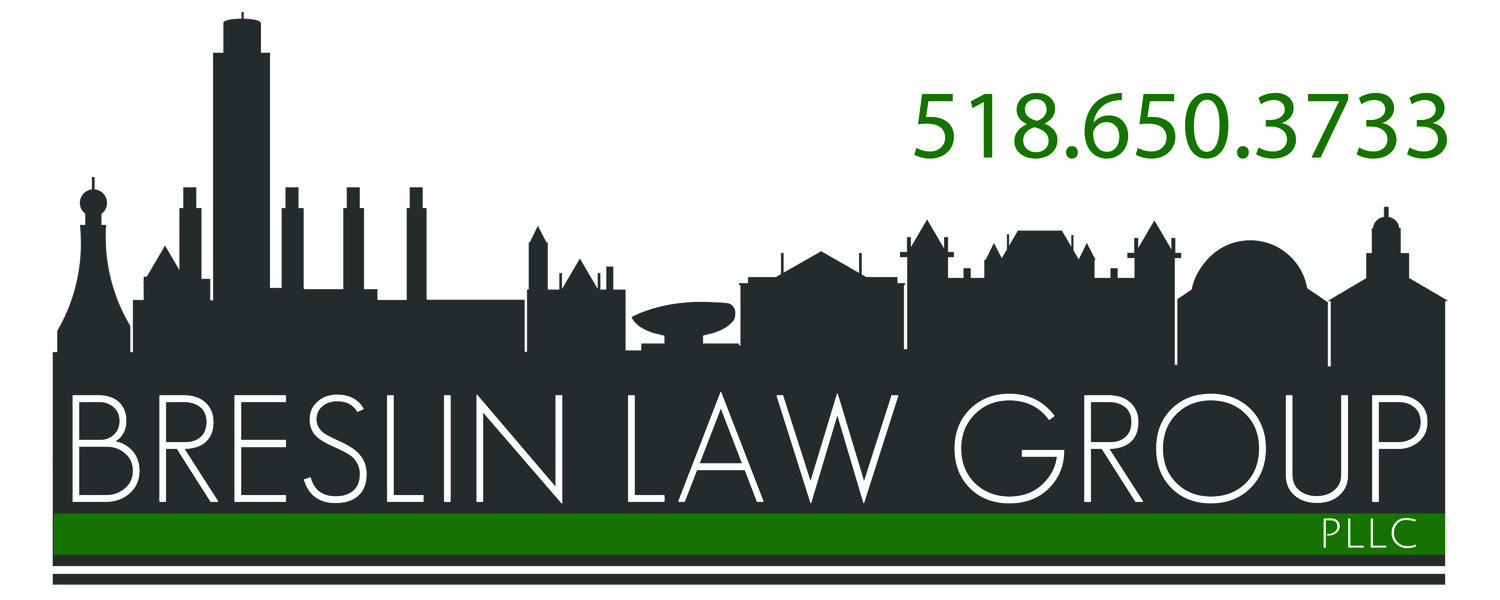I recently represented a business entity that was investigated by the New York State Department of Human Rights (DHR) in connection with a trans employee that believed they were being discriminated against after a supervisor “misgendered” them - meaning used the pronoun associated with their assigned gender at birth, rather than their preferred pronoun. This was not a situation where the supervisor intentionally or consistently made the mistake - it was only a few occasions - but the employee pursued a complaint.
We conducted an investigation that included interviews with several employees, the supervisor, and ownership of the business. Our investigation concluded that while there may have been a few instances of misgendering, they were not intentional, persistent, or malicious. The DHR appears to agree with our conclusion, and elected to discontinue the investigation without further consequences for the business.
In an effort to help others with this evolving area of discrimination law, we put together the following - this is not legal advice - only a summary of what misgendering in the workplace means, how to avoid it, and some of the potential scenarios where it may arise.
Misgendering: A Deeper Look into State and Federal Law
Have you ever thought about the impact of calling someone by the wrong gender? What is misgendering, and is it illegal? Let's dive into the complexities of this topic.
What is Misgendering?
Misgendering is the act of referring to someone using terms or pronouns that do not align with their gender identity.
The Emotional Impact
Imagine being called something you're not, day in and day out. It's like wearing shoes that don't fit - uncomfortable and painful. Misgendering can inflict emotional pain, lead to distress, and can even be a form of harassment.
Examples of Misgendering
Calling a trans woman "he" or addressing a non-binary person as "Mr." when they prefer "Mx." are examples of misgendering. Simple mistakes? Perhaps, but they carry weight.
State Laws on Misgendering
Laws around misgendering differ from state to state.
Notable States with Regulations
California, for instance, has laws that can fine businesses for willfully misgendering employees. New York has protections against gender identity discrimination which includes misgendering.
Punishments and Consequences
The consequences? They range from fines to mandatory training, aiming to create a respectful environment.
Federal Laws on Misgendering
Federal laws bring another layer to this intricate issue.
The Title IX Connection
Title IX, originally drafted to prevent sex-based discrimination in educational settings, has evolved. Now, it can be applied to cases of misgendering, viewing it as a form of discrimination.
Workplace Discrimination
Misgendering can be considered workplace discrimination under federal law. That's right! Think twice before addressing a colleague incorrectly.
Misgendering in Public and Private Sectors
Businesses and Corporations
Some big names in the corporate world have policies against misgendering. They're shaping a new era of inclusivity.
Educational Institutions
With the influence of Title IX, many schools are implementing policies to protect students from misgendering.
Common Arguments and Controversies
Of course, there's always another side to the coin.
Freedom of Speech vs. Respect for Identity
Some argue that forcing people to use certain pronouns violates their freedom of speech. But isn't respect for a person's identity just as crucial?
The Thin Line Between Ignorance and Discrimination
Mistakes happen. But when does repeated misgendering move from being a mistake to discrimination? If the alleged misgendering is persistent or intentional, it could be actionable either through a state agency, or a lawsuit.
The Way Forward
Respecting Personal Pronouns
Just like learning someone's name, it's basic courtesy. A little effort goes a long way!
Educating the Public
Awareness and education are keys. The more we know, the better we treat one another, right?
Conclusion
Misgendering can be more than just a mistake; it's a matter of respect and identity. While the legal landscape is still evolving, one thing's for sure: respect and understanding are always the right choice. Intentionally or maliciously misgendering someone in the workplace can have signifiant consequences, especially when it is persistent and could create a hostile work environment.
FAQs
Is it illegal to misgender someone in all states?
No, laws differ from state to state.
Can a business be fined for misgendering?
In some states, yes. Especially if it's a recurring, intentional act.
Does Title IX specifically mention misgendering?
Not directly, but it can be interpreted to cover gender identity discrimination.
Is there a difference between intentional and unintentional misgendering?
Legally, yes. But both can be hurtful.
How can one avoid misgendering?
Simply ask for pronouns and educate oneself!
The above is informational and should not be construed as legal advice. If you are an employee that has suffered from misgendering, or an employer accused or investigated for an allegation of misgendering, it is crucial to speak to an attorney to determine the best path forward.
